EU Scrutiny Intensifies as Musk's xAI Acquisition of X Triggers Digital Services Act Investigation
Elon Musk’s $33 billion acquisition of X (formerly Twitter) via his artificial intelligence venture xAI has attracted renewed attention from European Union regulators. The European Commission, under the Digital Services Act (DSA), is examining whether the restructuring of X’s ownership raises compliance concerns, particularly around content governance, platform accountability, and transparency obligations.
The probe comes amid a broader tightening of digital oversight in the EU, which seeks to hold large platforms — especially Very Large Online Platforms (VLOPs) — to higher standards of operational clarity and algorithmic accountability.
Digital Services Act and Corporate Transparency in the Spotlight
The DSA, effective since 2023, mandates that VLOPs operating in the EU must provide clear governance structures, moderation frameworks, and accessible user reporting mechanisms. Musk’s integration of X Corp. under the umbrella of xAI — an AI-focused company that reportedly will integrate generative models into the social media platform — has raised red flags in Brussels about potential shifts in operational control and legal responsibility.
This acquisition not only blurs the lines between social media and AI development but also complicates how liability is assigned across business entities. If xAI begins embedding proprietary AI tools into X’s backend without regulatory notification or risk assessments, it could constitute a breach of several DSA clauses.
European regulators have submitted a new set of formal queries to X, aiming to determine whether Musk’s structural reorganization hinders enforcement or obfuscates decision-making hierarchies. Legal experts warn that if violations are confirmed, the EU could impose fines of up to 6% of global turnover — potentially billions in penalties.
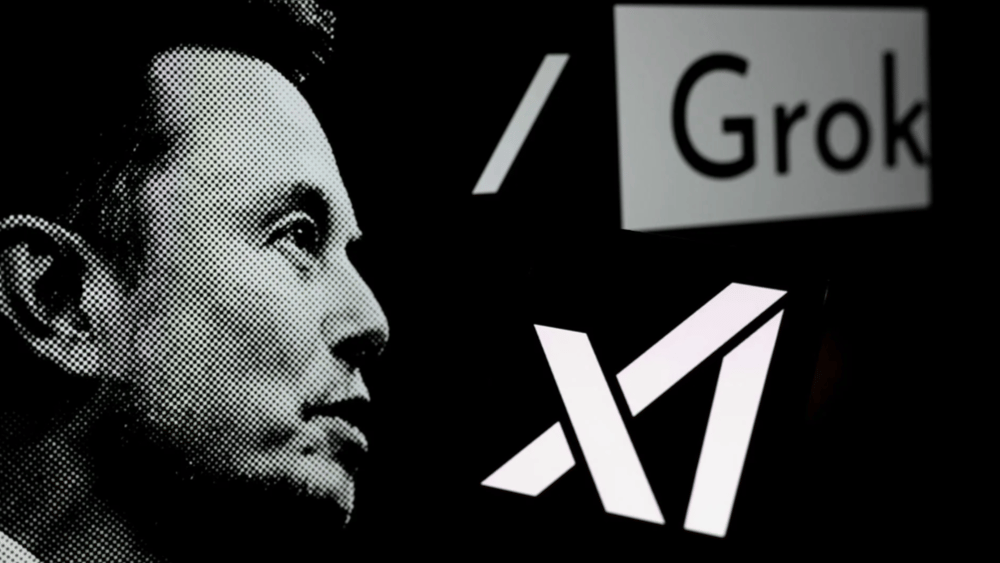
Quick Facts
💰 Deal Value: Elon Musk’s xAI acquired X for $33 billion.
🇪🇺 Regulatory Basis: EU Digital Services Act (DSA).
🧾 Concern: Transparency of X's new corporate structure post-acquisition.
⚠️ Risk: Penalties of up to 6% of global revenue under DSA.
🤖 Technology Link: Integration of xAI’s generative models into X’s infrastructure.
Further Developments: Market Sentiment, Legal Risks, and Platform Governance
While the deal did not cause immediate disruption to X’s user base, institutional observers note increasing legal and reputational risk. The European Commission’s heightened scrutiny signals a firmer stance against tech conglomerates masking governance changes through interlinked holding entities.
Technology stocks with similar exposure to EU digital regulation — such as $META (Meta Platforms Inc.), $GOOGL (Alphabet Inc.), and $AAPL (Apple Inc.) — experienced slight volatility, reflecting broader investor concern over potential enforcement expansion. Although xAI remains private, speculation about its future fundraising and potential listing has also intensified under the weight of regulatory overhang.
Musk has yet to comment formally, but his prior confrontations with EU institutions over misinformation and content moderation suggest a contentious path ahead. Legal analysts point to prior DSA inquiries into TikTok and Meta as precedents for the scale and speed of enforcement.

Key Points
DSA Enforcement Framework: Focused on transparency, accountability, and systemic risk mitigation for VLOPs.
Structural Risk: Merged AI and social media assets complicate regulatory interpretation of responsibility.
Financial Exposure: Potential fines could reach billions if non-compliance is confirmed.
Tech Sector Spillover: Public tech firms with VLOP status are watching closely.
Geopolitical Undercurrent: EU reasserting sovereignty over digital space against U.S. tech influence.
A Defining Moment for Platform-AI Convergence Regulation
The EU’s inquiry into Musk’s consolidation of X under xAI represents a pivotal test of the Digital Services Act’s reach and relevance in the era of AI-social media convergence. Beyond immediate enforcement risks, the investigation may shape how corporate entities structure technology portfolios across jurisdictions with stringent digital governance frameworks.
The Musk-xAI-X triad brings new urgency to unresolved legal questions: Can a platform that integrates generative AI at its core still meet basic DSA obligations around transparency and moderation? And should regulators treat AI-augmented platforms as categorically different entities?
Whatever the outcome, this case will likely set a precedent — both for future acquisitions involving foundational AI and for how digital sovereignty is defended in the face of opaque corporate realignment.


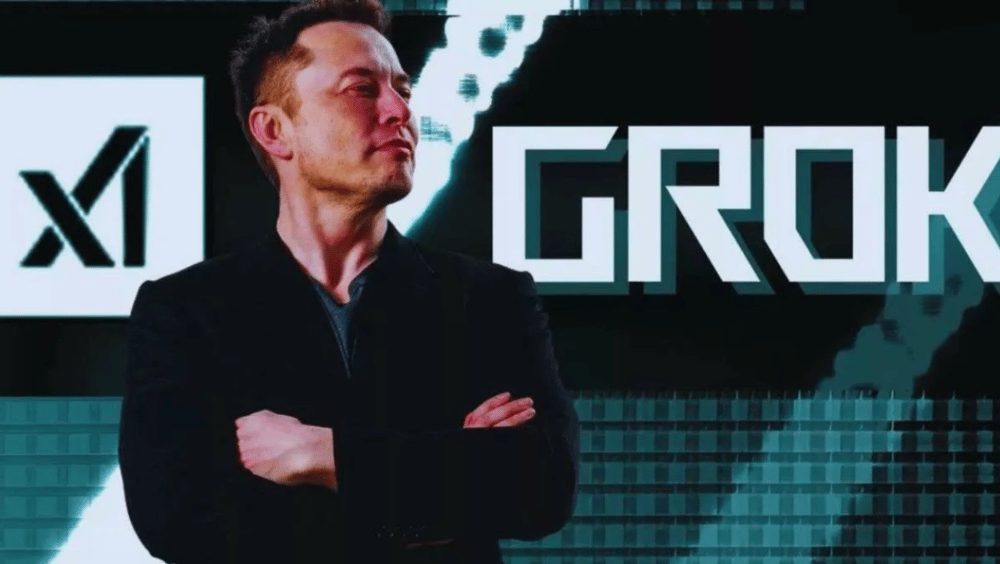


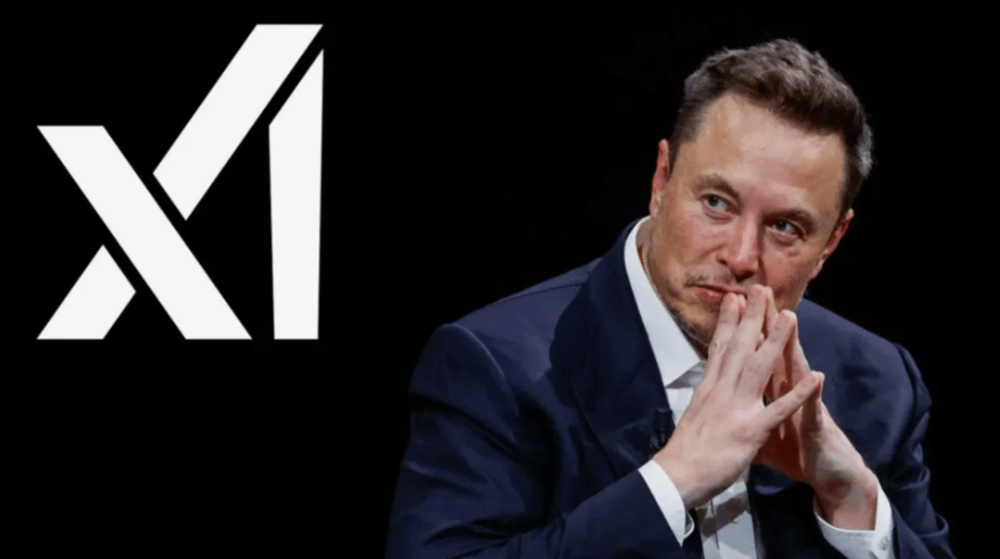
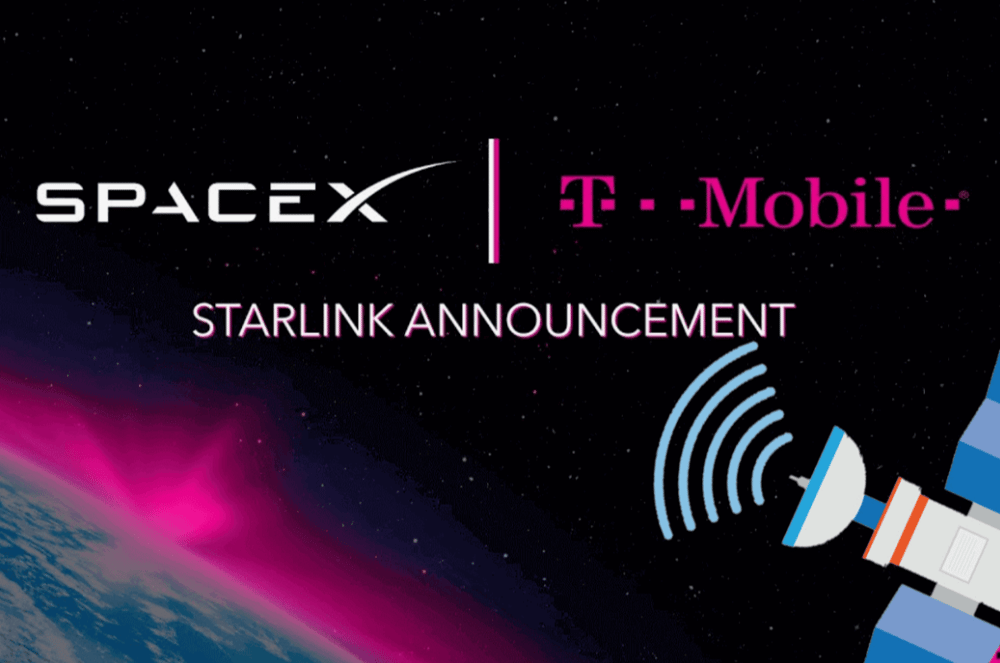



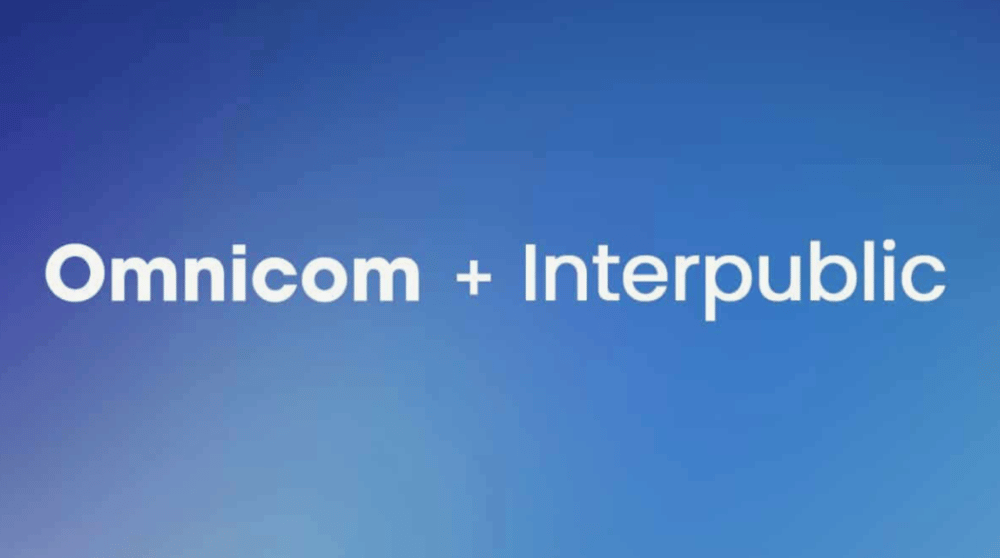

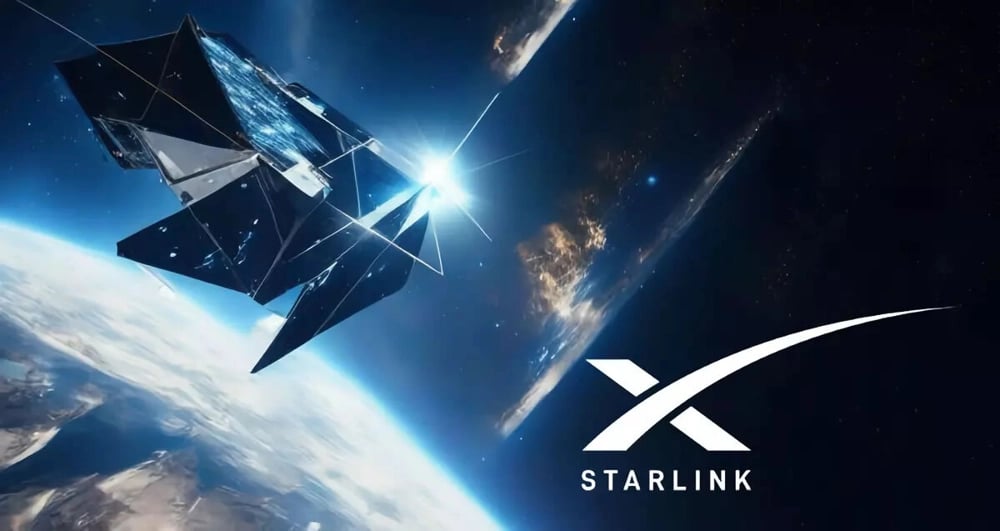
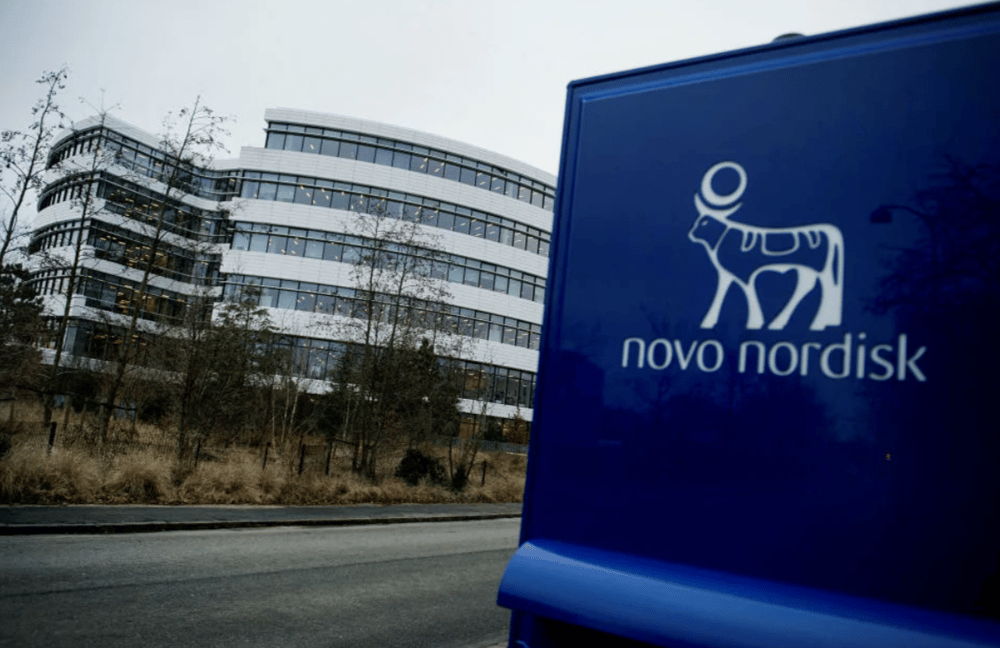

Comments